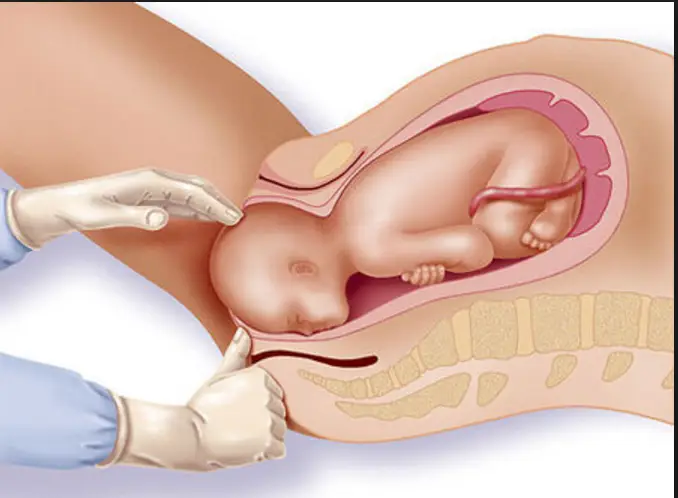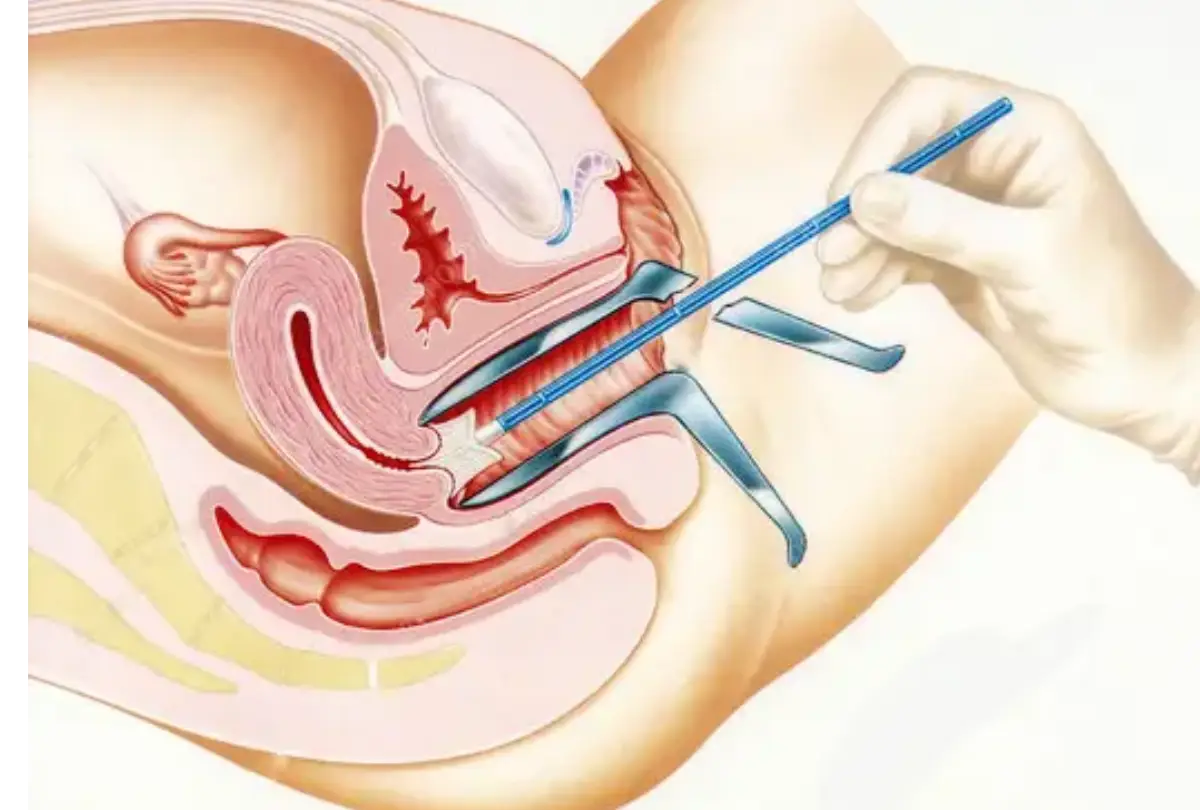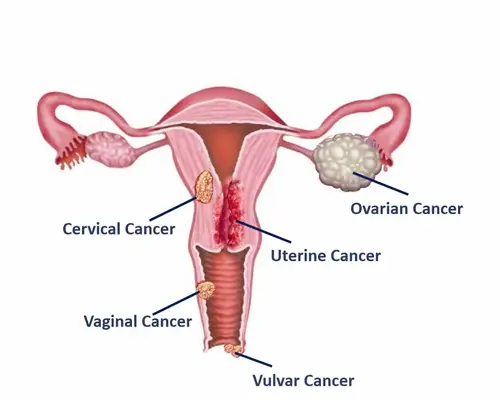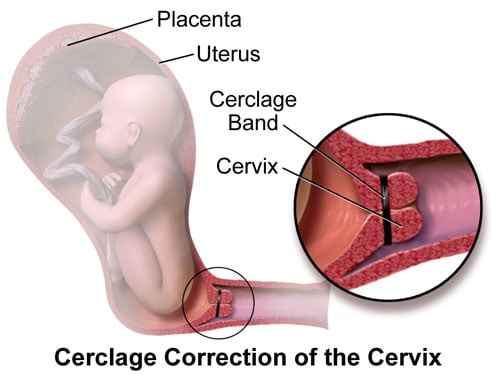Several factors contribute to a successful normal delivery (vaginal birth). While each childbirth experience is unique, the following factors play a significant role in determining the likelihood of a successful and uncomplicated normal delivery:
- Maternal Health: The overall health of the mother, including her physical and mental well-being, plays a crucial role. Adequate prenatal care, a healthy lifestyle, and proper nutrition contribute to a positive childbirth experience.
- Pelvic Structure and Size: The size and shape of the mother’s pelvis can influence the ease of passage for the baby during childbirth. A well-proportioned pelvis is generally conducive to a smoother delivery.
- Baby’s Position: The baby’s position in the womb, especially its head-down position, is important for a successful vaginal birth. Ideally, the baby should be facing the mother’s spine (occiput anterior) for an easier descent through the birth canal.
- Labor Progression: A steady and progressive dilation of the cervix, effacement (thinning of the cervix), and descent of the baby through the birth canal are crucial for a successful normal delivery. Proper contractions help facilitate this progression.
- Fetal Health and Size: The baby’s health and size are factors to consider. While a certain degree of variability is normal, excessively large or small babies may present challenges during childbirth.
- Maternal Age and Experience: Younger, first-time mothers and older, experienced mothers may have different experiences during childbirth. Age can influence factors such as muscle tone, flexibility, and the body’s response to labor.
- Supportive Environment: A supportive and encouraging environment, including the presence of a supportive partner, family members, and skilled healthcare professionals, contributes to a positive birthing experience.
- Mobility and Positioning During Labor: Changing positions, walking, and moving during labor can help with the descent of the baby. Upright positions, such as standing, squatting, or using a birthing ball, may aid in the progression of labor.
- Effective Pain Management: Adequate pain relief measures, tailored to the mother’s preferences, can contribute to a more positive and manageable labor experience. Options include epidurals, nitrous oxide, and non-pharmacological methods.
- Calm and Relaxed State of Mind: A calm and relaxed mental state can positively impact the progression of labor. Stress and anxiety can potentially hinder the labor process, so relaxation techniques and emotional support are essential.
- Flexibility and Open Communication: Being open to adjustments in the birth plan and having clear communication with healthcare providers enhance the adaptability of the birthing experience.
It’s important to note that unforeseen circumstances can arise during labor, and healthcare providers are trained to handle a range of situations to ensure the safety of both the mother and the baby. Regular prenatal care and open communication with healthcare providers contribute to a positive and informed childbirth experience.
Seeking compassionate women’s health care? Dr. Kausha Shah, a trusted Lady Gynecologist in Dahisar, provides expert and personalized services. From routine check-ups to family planning, Dr. Shah is committed to your well-being.




